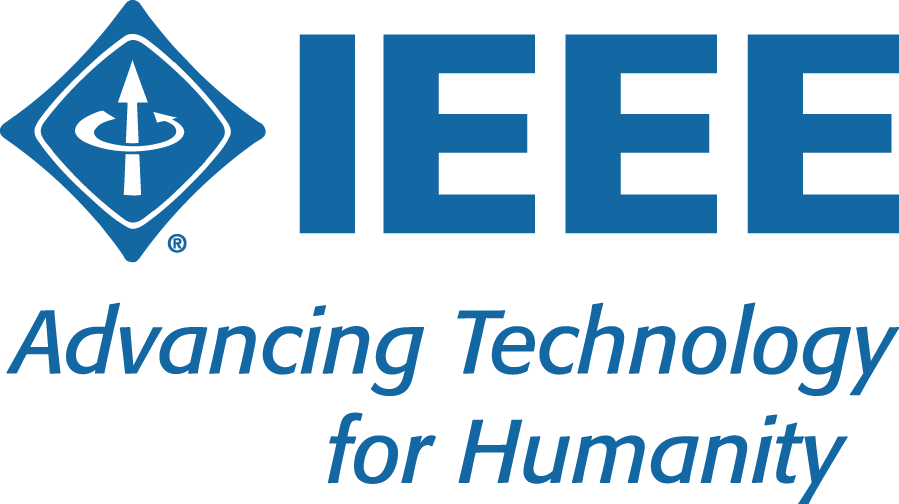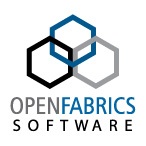Keynote 1
Speaker
Jayshree Ullal, President and CEO, Arista NetworksTitle
Next Gen Datacenter SwitchesAbstract
The industry is undergoing a disruption to construct modern data centers and cloud designs. Denser server and storage, place demands on the networks to keep up with the bottlenecks. CPUs are faster, projecting to achieve 5Ghz and CPUs are wider - with more cores. The advent of virtualization consolidates servers across workloads but also creates new challenges with network and virtual machine mobility. Traffic patterns between servers are shifting from north-south to mostly east-west between servers demanding balanced performance. The next generation of switches mandates a system view of scale, latency, space and power. Arista Networks will discuss the new trends, design and technologies needed to build the next generation data center switch.Bio
Jayshree Ullal is a networking executive veteran with 25 years of experience and was named one of the "50 Most Powerful People" in 2005 Network World. As President and CEO of Arista Networks, she is responsible for building the company's business in cloud networking.Formerly, Jayshree was Senior Vice President at Cisco and responsible for $10B in annual revenue from Data Center, Switching and Services, including Cisco's flagship Nexus 7000 and Catalyst 4500 and 6500 product lines. During her tenure at Cisco, Jayshree forged key alliances with EMC, VMware and Microsoft in virtualization and application acceleration. Prior to joining Cisco, Ullal was the Vice President of Marketing at Crescendo Communications, which was Cisco's first acquisition in 1993.
Ullal holds a B.S. in electrical engineering from San Francisco State University and an M.S. degree in engineering management from Santa Clara University.
Keynote 2
Speaker
Uri Cummings, CTO and Co-Founder, Fulcrum MicrosystemsTitle
Introducing the Next Gen FocalPoint ArchitectureAbstract
In 2006, Fulcrum Microsystems launched FocalPoint and set a new standard for Ethernet by delivering the first high-scale, high-density, low-latency 10G switch architecture. FocalPoint ushered in the era of data center Ethernet and opened up the possibility of serving HPC, clustered computing and server interconnect with the same fabric. Since then, the market has taken off and the original architecture has evolved to offer higher scalability, routing, and new data center specific features such as those defined in the IEEE 802.1 DCB Task Group. Ethernet has become firmly established as the leading data-center interconnect technology. But the data center is the place to push the envelope for performance, and Ethernet must evolve both in its throughput and also in its scalability. Uri's presentation will cover the next-generation FocalPoint architecture, called Alta, which delivers industry's highest density, line-rate high-speed Ethernet (HSE) switch that comes with a full-speed deterministic programmable pipeline. Come see the future of next-generation data center Ethernet.Bio
Uri is the Chief Technology Officer at networking semiconductor company, Fulcrum Microsystems. As CTO, he defined Fulcrum's FocalPoint family of Ethernet switch chips, which has led to many industry innovations, including first fully-integrated 24-port 10G Ethernet switch, only low-latency Ethernet switch, and the first to offer the new IEEE data center bridging features. Since arriving on the scene, the FocalPoint product family has enjoyed widespread market adoption and has influenced network architectures across the industry.Uri co-founded Fulcrum to commercialize research in high-performance VLSI design, becoming the founding president and CEO. After recruiting the company's permanent CEO in 2001, Uri stepped into the CTO role and led the engineering team through Fulcrum's transition from technology pioneer to product leader.
Uri conducted advanced research in both the areas of high performance VLSI design and optical component design at Caltech from which he received BS ('94), MS ('95), and Ph.D. ('05) degrees in Electrical Engineering. He currently holds 7 US patents, with several in process.
He can be reached at uri@fulcrummicro.com.
Keynotes 3
Speaker
Urs Hölzle, VP Operations and Fellow, GoogleTitle
Datacenter Networks of Yesterday, Today, and TomorrowAbstract
Warehouse-scale computers (WSCs) are different from your regular datacenters and require different networking solutions. Distributed storage, FLASH, multi-core servers, and large-scale applications all put increased pressure on the networking fabric to the extent where standard Ethernet switches are rapidly becoming inadequate. In this talk I'll discuss WSCs and the characteristics of WSC applications, why current networking solutions are inadequate, and what alternatives might exist.Bio
Urs Hölzle was named Google Fellow after serving as the company's first vice president of Engineering. In that role he led development of the company's operational infrastructure. He is also renowned for both his red socks and his free-range Leonberger, Yoshka (Google's top dog). Urs joined Google from the University of California, Santa Barbara where he was an associate professor of computer science. He received a master's degree in computer science from ETH Zurich in 1988 and was awarded a Fulbright Scholarship that same year. In 1994, he earned a Ph.D. from Stanford University, where his research focused on programming languages and their efficient implementation.As one of the pioneers of dynamic compilation, also known as "just-in-time compilation," Urs invented fundamental techniques used in most of today's leading Java compilers. Before joining Google, Urs was a co-founder of Animorphic Systems, which developed compilers for Smalltalk and Java. After Sun Microsystems acquired Animorphic Systems in 1997, he helped build Javasoft's high-performance Hotspot Java compiler.
In 1996, Urs received a CAREER award from the National Science Foundation for his work on high-performance implementations of object-oriented languages. He was also a leading contributor to DARPA's National Compiler Infrastructure project. Urs has served on program committees for major conferences in the field of programming language implementation, and is the author of numerous scientific papers and U.S. patents.









